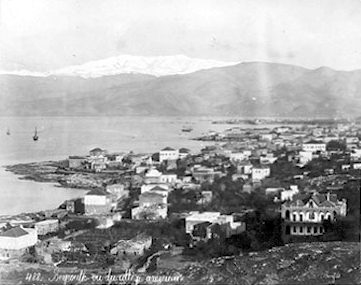External Call for Contributions: Diasporas: Political Participation, Culture and Imaginings
Diasporas: Political Participation, Culture and Imaginings
One of the central aims of this proposal is to illuminate and analyze the integration and re-integration of diasporic subjects back into the political and cultural milieu of their countries of origin in the twenty-first century. It encourages contributions that consider how, where and when the diaspora is mobilized, and what are the claims, agendas and resources that energize and sustain this.
Ongoing experimentation and experience with out-of-country voting (OCV) and the extension of citizenship within diasporas are contributing towards novel and innovative attachments (formal and informal) to their countries of origin that are important to consider. They are important for a number of reasons. First, as more of the diaspora participate in legislative elections, their ability to influence parliamentary outcomes and therefore the future of the country increases in a profound and unforeseen ways. Second, participation within such institutional channels may foreseeably invigorate diasporic attachment across generations. Insufficient data at present exists in this matter, and it deserves attention.
A third reason concerns the nature of diaspora itself. Is it tracking towards the construction of a deterritorialized transnational identity, towards the retention and amplification of territorial affinity, or perhaps in another direction entirely? This question is significant given that a majority of the diaspora are unlikely to resettle permanently in their countries of origin.
There is a Janus-like dialectic at the heart of diasporic identity formation and transformation within and across generations. As individuals immersed in the processes of identity construction and mobilization concomitantly look both forward and back, they create hybrid identities, associations, attachments and solidarities.
Contributions are invited to reflect on the following (list not exhaustive):
- Diasporic Political Participation
- The influence of the country of residence on diasporic identities and engagement
- Electoral campaigning in the Diaspora
- Lobbying from abroad: the potential and limits of diasporic advocacy
- Comparative approaches between diasporas in the twenty-first century
- Alternative ways to conceptualize diasporic political belonging and participation
- Transnational Electoral Constituencies: Extending and Limiting Representation?
- Promotion by what means? How diasporic organizations promote and sustain cultural pride and affiliation amongst the diasporas
Workshop: Copenhagen, April 16–17, 2026
Authors of selected abstracts will be invited to attend a workshop at the University of Copenhagen Denmark in Spring 2026. Authors will be required to submit their first drafts by March 16, 2026. This will ensure:
- that timely feedback can be provided to each author; and
- that each participant will have time to familiarize themselves with the draft of a colleague, that they will then present as part of the workshop’s format.
Key Dates
- Abstracts Due: November 21, 2025
- Notice of Acceptance: November 25, 2025
- First drafts due to editors: March 16, 2026
- Arrival in Copenhagen: April 15, 2026
- Workshop dates: April 16 and 17, 2026
Contact Information
- Dr. Paul Maurice Esber, Københavns Universitet, paul.esber@jur.ku.dk
- Dr. Ebrahim Afsah, Københavns Universitet, ebrahim.afsah@jur.ku.dk


